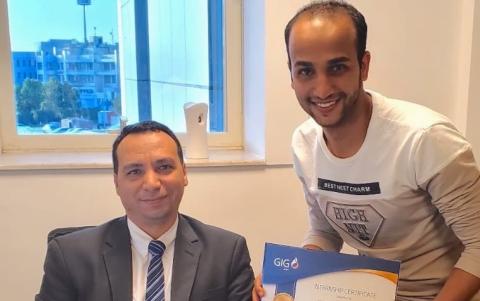
Explore and Learn: A Real-Life Internship Experience
Exploring the world of work and gaining hands-on experience are significant elements of the AUC Career Center’s mission. As part of the expe...
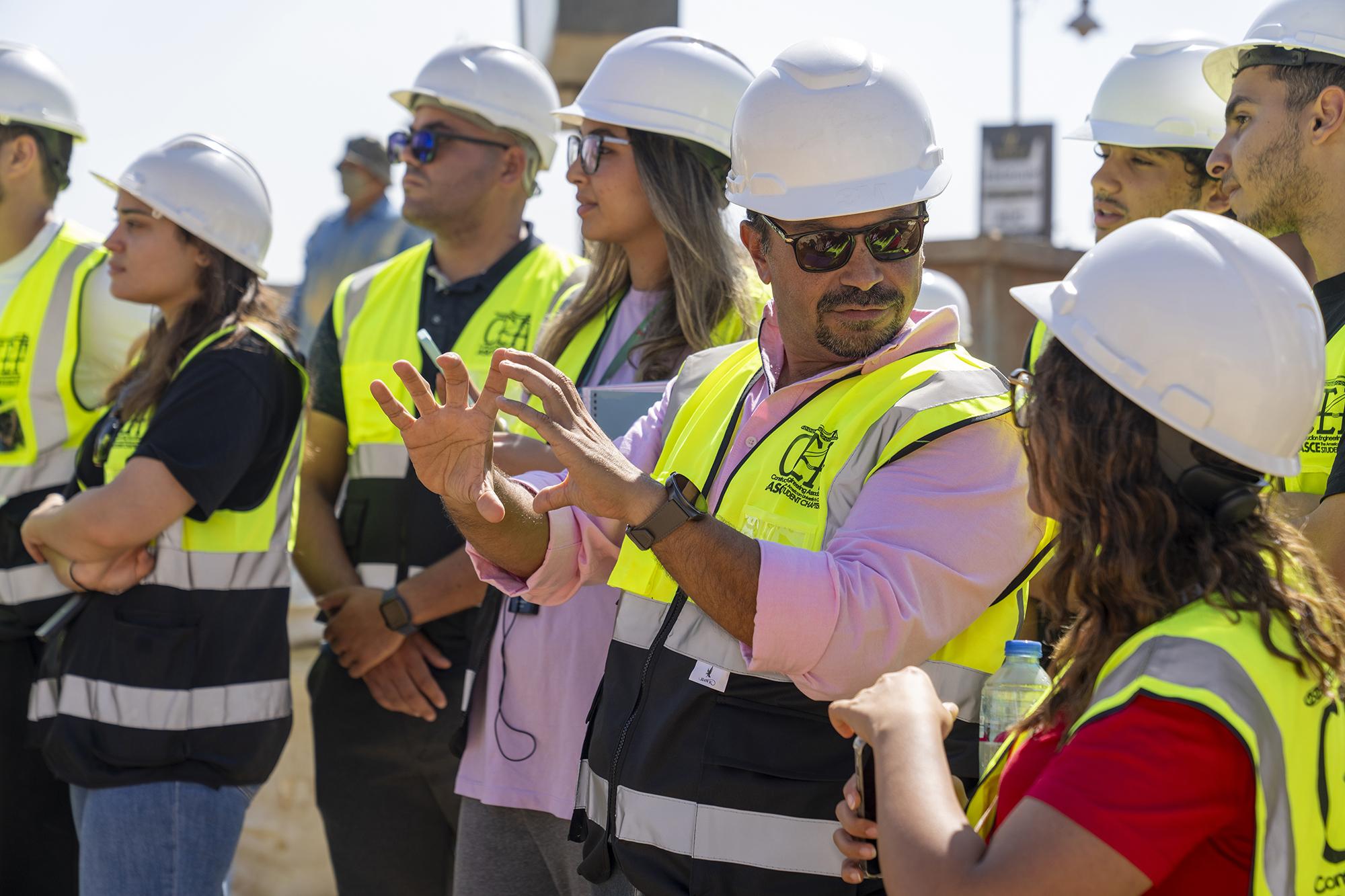
The American University in Cairo's Career Center is a pioneer in the region in the area of university career education, employer relations and recruitment.
The Career Center was established in 1991 to become the first university career center providing comprehensive career services in the Middle East. It offers a variety of services to help undergraduate students, alumni and graduate students identify their career goals and paths, as well as gain work experience while and after studying at AUC. In addition, the Career Center offers different services to top regional and global employers. Our team assists employers in building sustainable employer branding among students and alumni and connects with AUC’s top-quality students and graduates to meet their hiring needs.
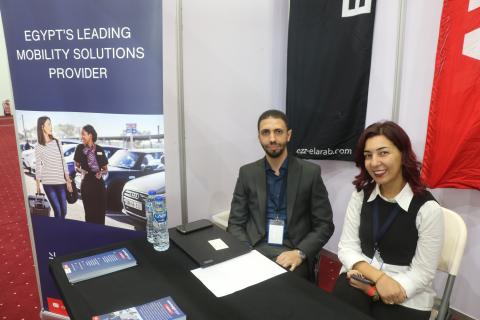
On its 73rd round, AUC semi-annual Employment Fair was held on Saturday, November 11, 2023. The reception speech welcomed all employers who ...
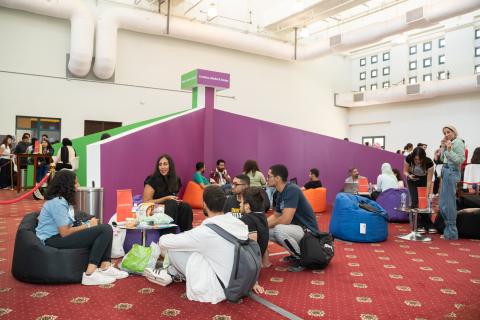
On October 11, 2023, the Career Center hosted its annual Career Circles event. Professionals from more than 25 career fields joined the even...

The Career Center organizes career-related workshops and sessions for AUC students and alumni to enhance career education and knowledge.
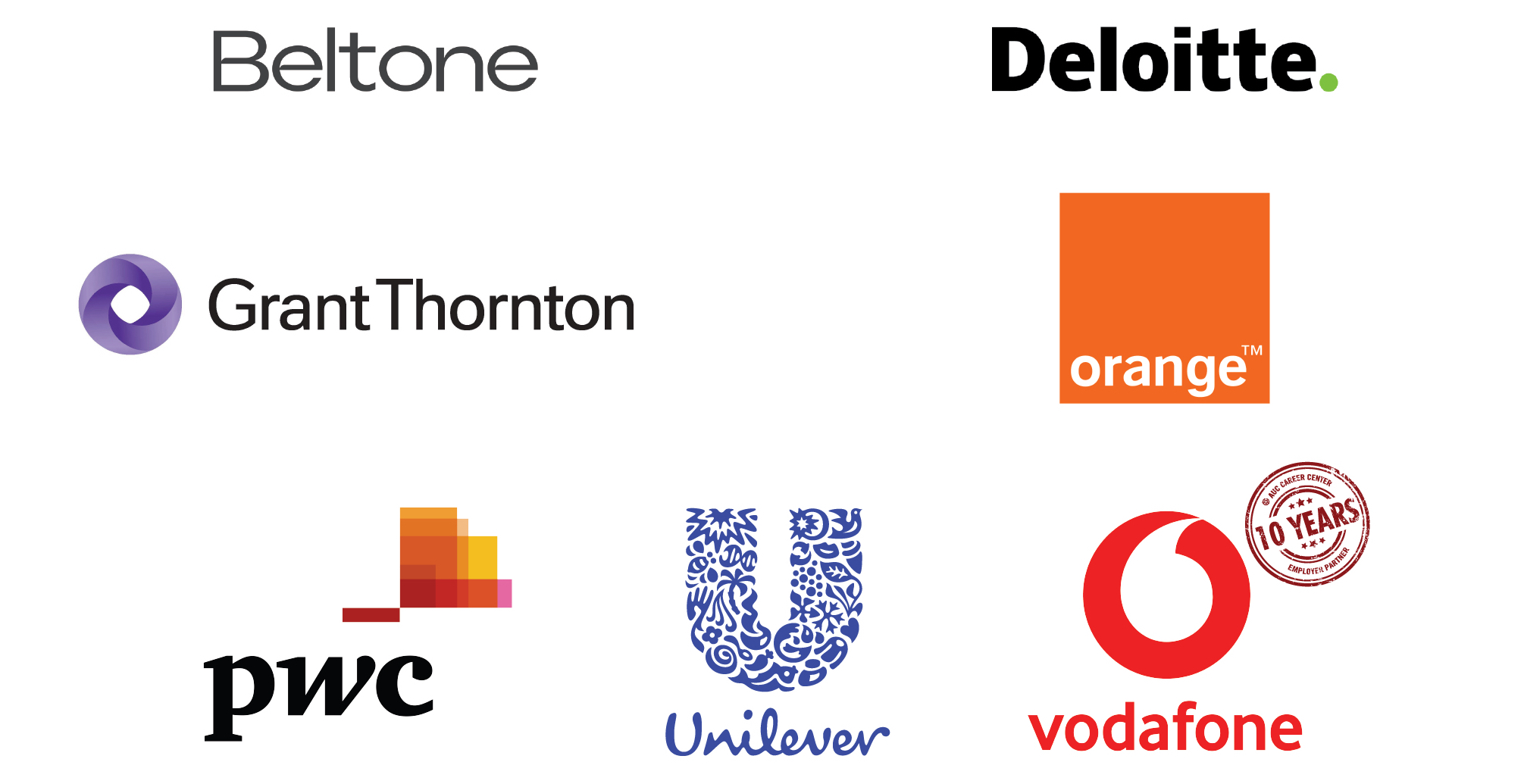
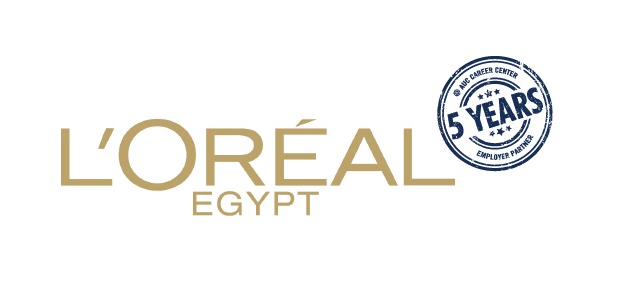
Location: Campus Center, AUC New Cairo
Working Hours: Sunday - Thursday, 8:30 am - 4:00 pm
t+ 20.2.2615.3515